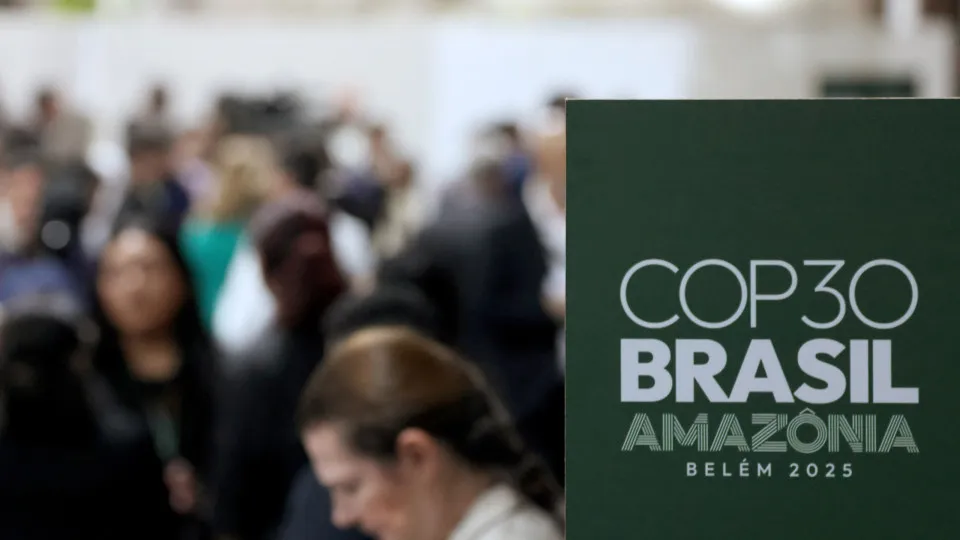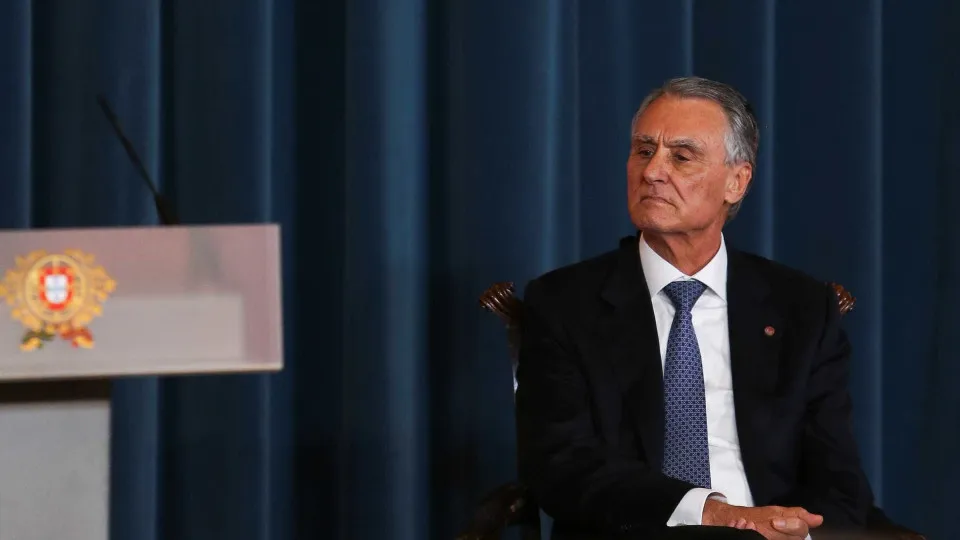
As the 30th UN climate meeting approaches, marked by rising greenhouse gas emissions and record temperatures, several associations have shared their visions of what would constitute a successful COP.
Alexandra Azevedo, president of the Quercus Association, states that an effective COP would deliver binding resolutions, “more consistent” commitments, and clearly signal the end of fossil fuel extraction with an immediate halt to new exploration licenses.
Américo Abreu Ferreira, president of Geota, believes a positive outcome would involve tangible and promptly applicable commitments: new national targets aligned with the 1.5°C goal, solid financing for vulnerable countries, and a final text with verifiable accountability mechanisms. However, considering previous meetings, he remains skeptical about the implementation prospects of this COP.
Ferreira adds that a good result would entail “not regressing.”
For Bianca Mattos, WWF Portugal’s policy coordinator, a successful COP would enhance each country’s contribution to reducing greenhouse gases, propose an “ambitious package” to halt deforestation, and establish measures to “accelerate a just energy transition.”
Francisco Ferreira, president of the Zero Association, emphasizes the importance of ambitious greenhouse gas reduction targets and suggests another factor for a successful COP30: “A clear roadmap” for the new collective funding goal of mobilizing $1.3 trillion annually, with at least $300 billion publicly sourced.
He also highlights “decisions rapidly translating into emission cuts, adaptation, and nature protection in territories.”
Addressing the role of the European Union (EU) in this process, Zero’s leader criticizes the EU for delaying and retreating in its climate ambition journey.
“The EU remains a relevant player,” claims Bianca Mattos, though she points to the weakness stemming from only announcing greenhouse gas reduction targets this week, originally expected in February.
The president of Geota critiques the EU’s “ambition discourse” alongside its practices, “which reveal something different.”
He notes: “There’s talk of a green transition, yet there’s increased focus on an industrial and security agenda relying on simplification and competitiveness. Portugal follows this same logic. The commitment exists, but it’s diluted and contradictory,” he adds.
Similar criticism comes from Quercus’s president, questioning what has changed in agriculture under the European Green Deal, noting that targets have been revised for the worse.
Despite critiques, all leaders contacted emphasized the special nature of the upcoming conference, particularly as it occurs in a Portuguese-speaking country for the first time.
Commemorating 10 years since the Paris Agreement, which established a maximum global warming of 2°C, preferably not exceeding 1.5°C above pre-industrial levels, this COP is set against a backdrop of record temperatures and increasing greenhouse gas emissions. Additionally, its location in the Amazon, a crucial forest in the climate change battle, adds to its significance.




